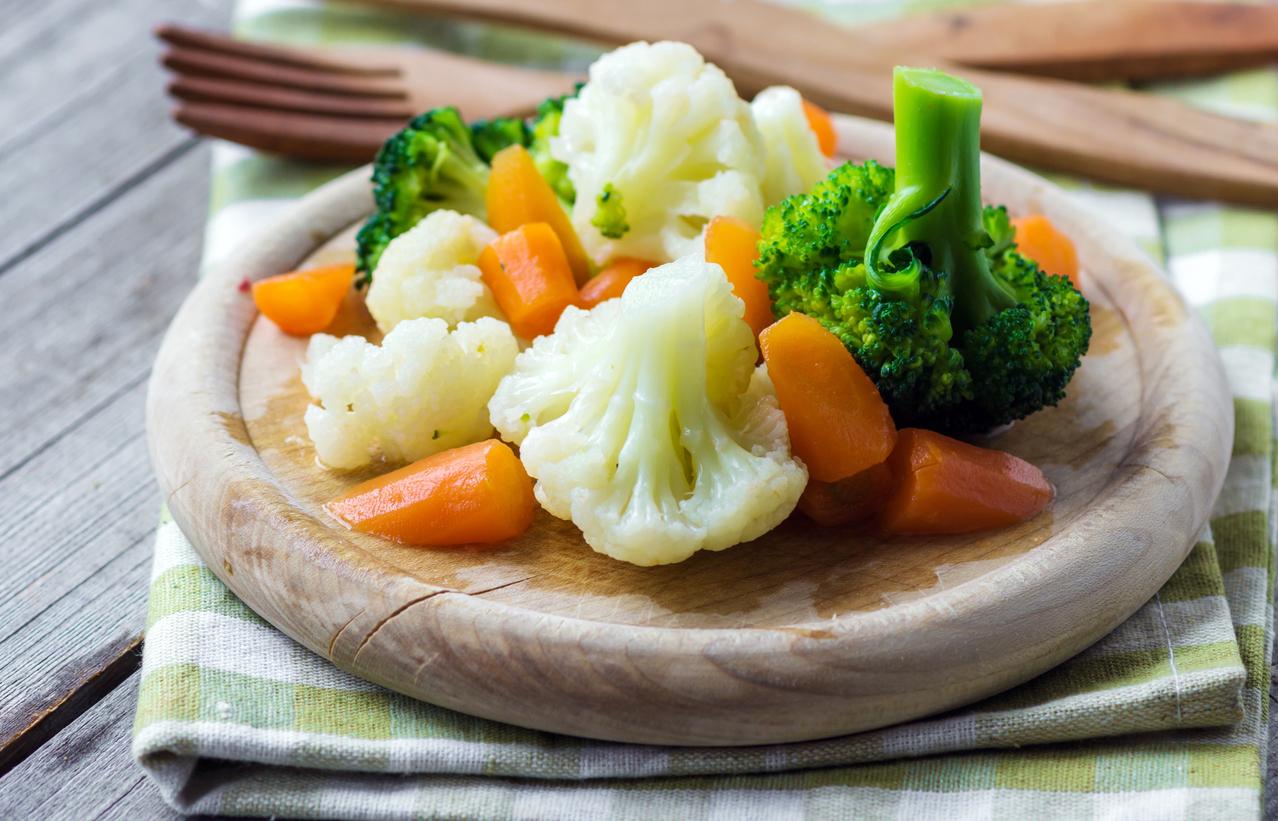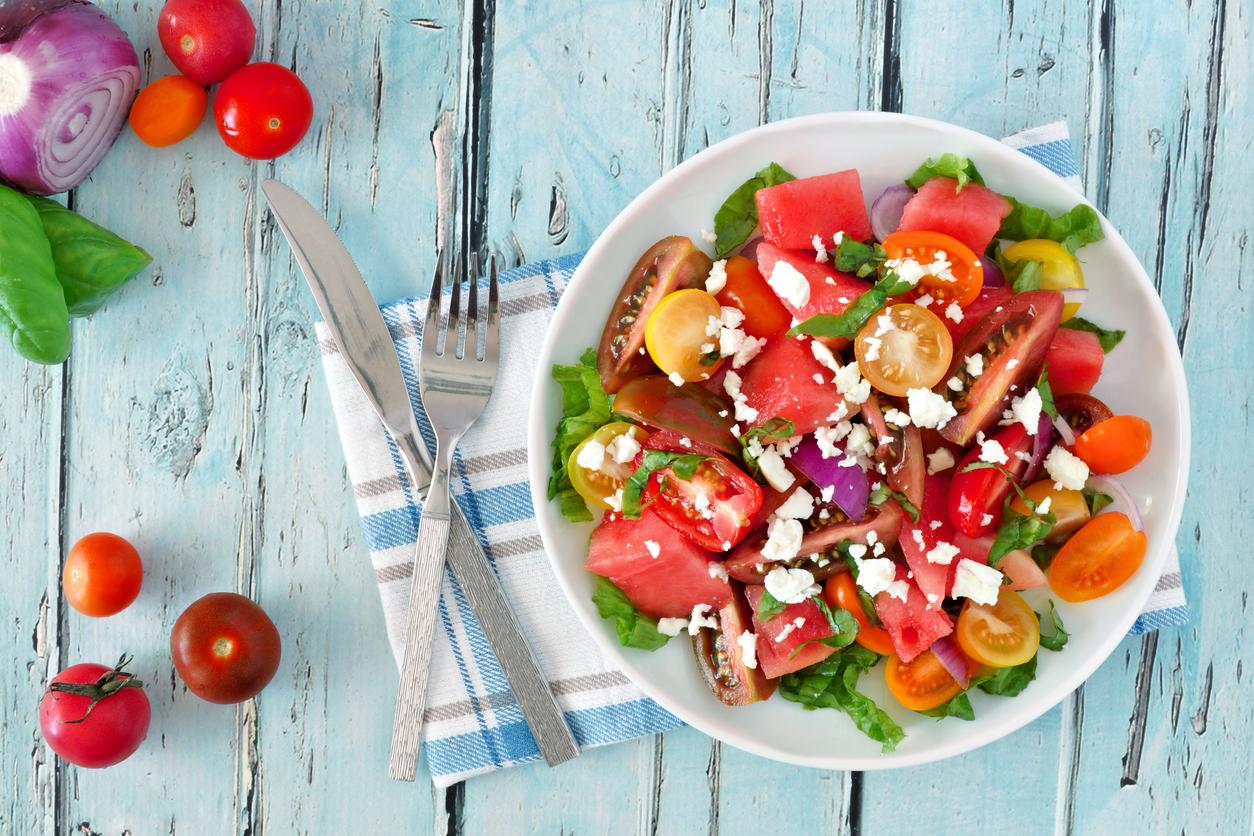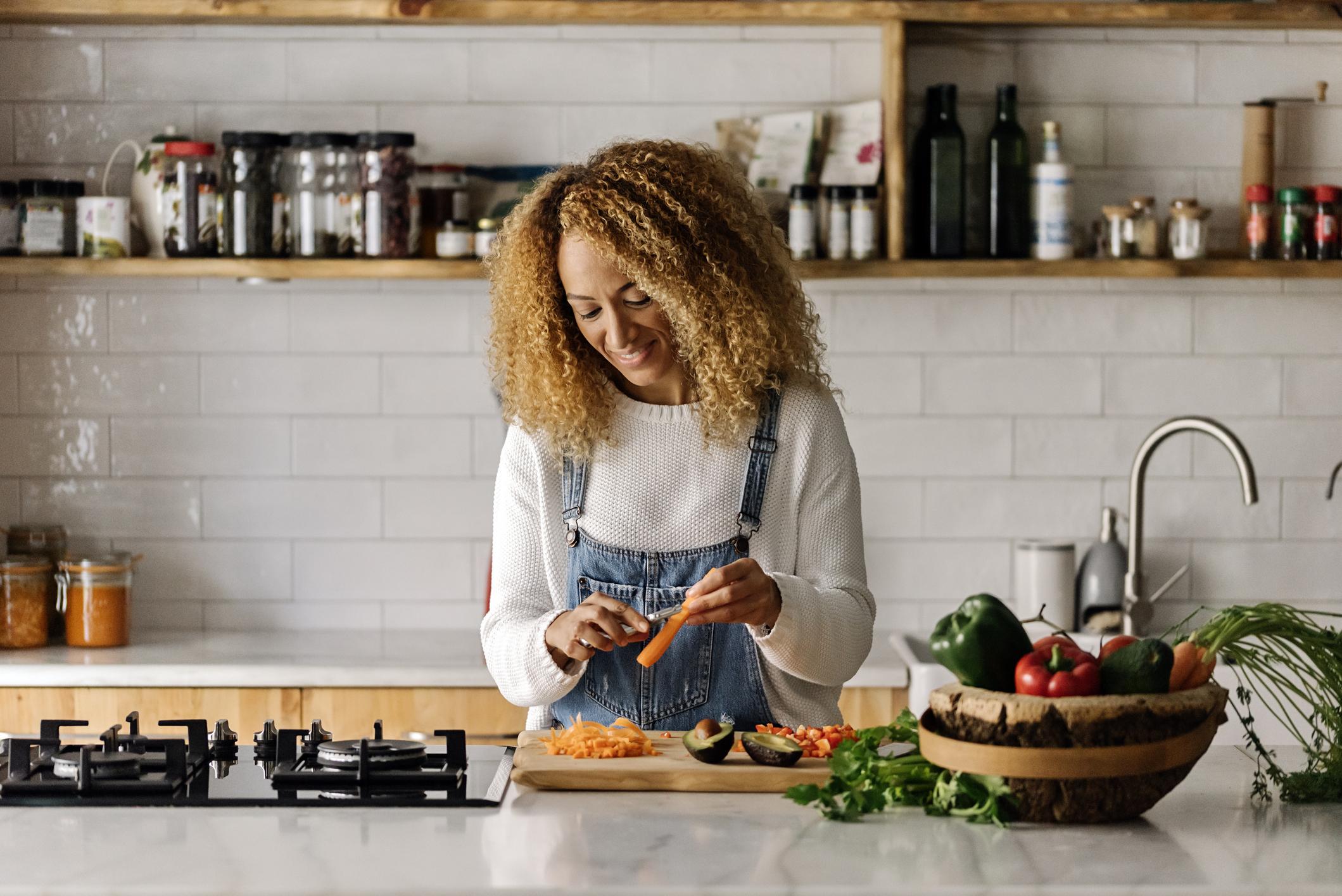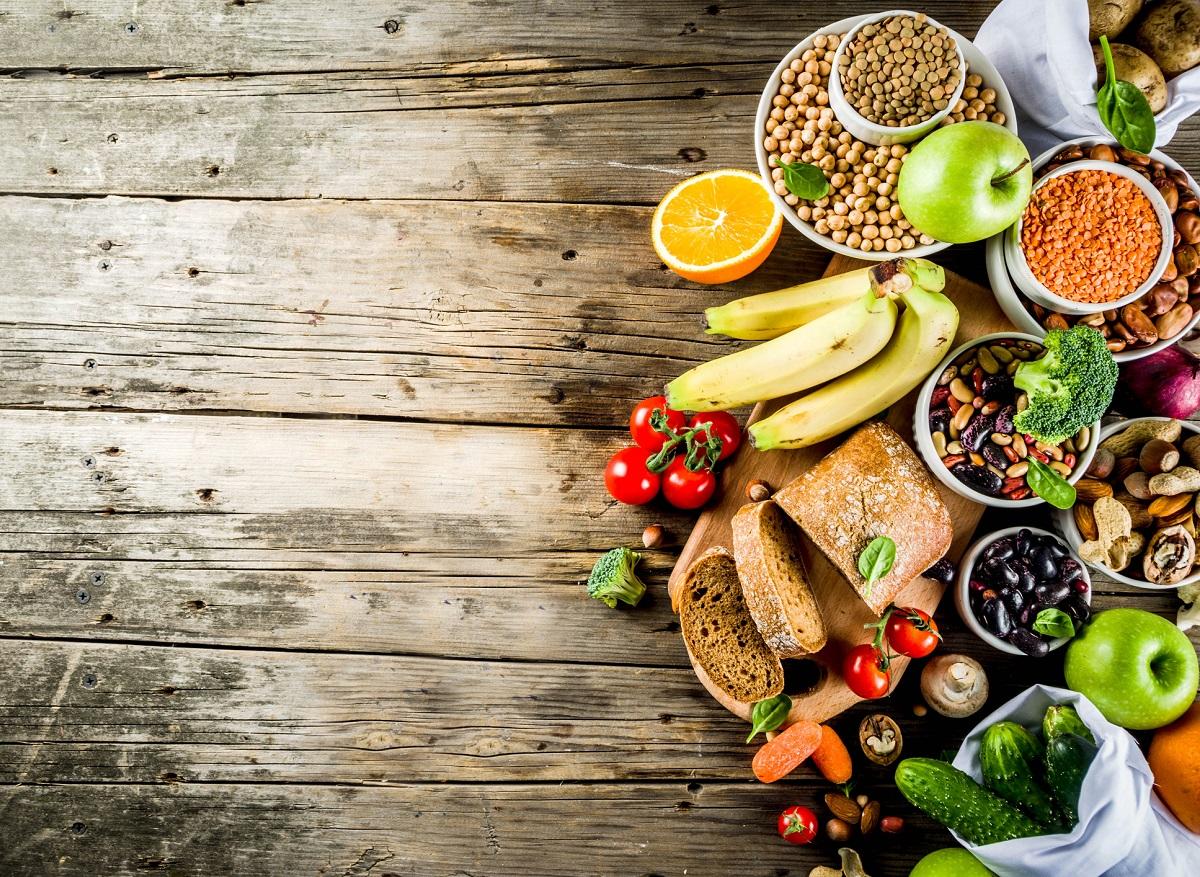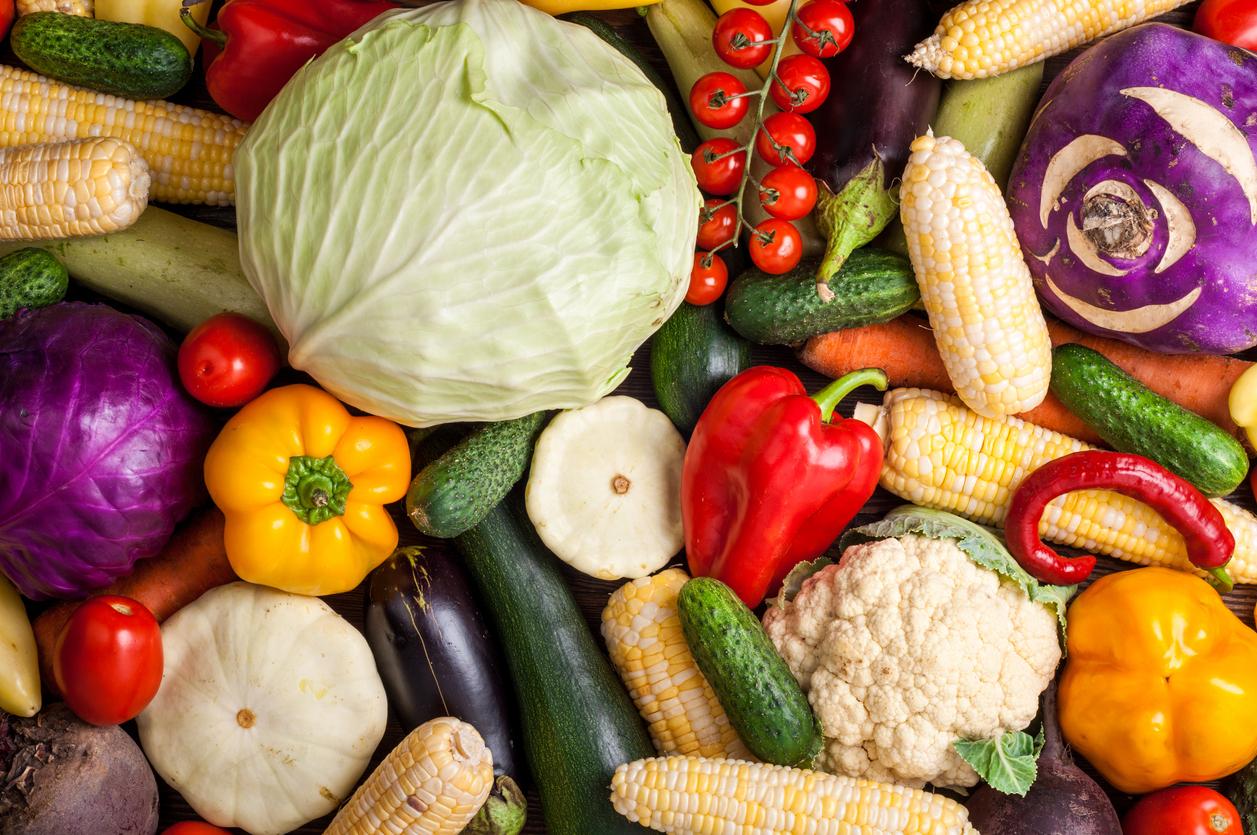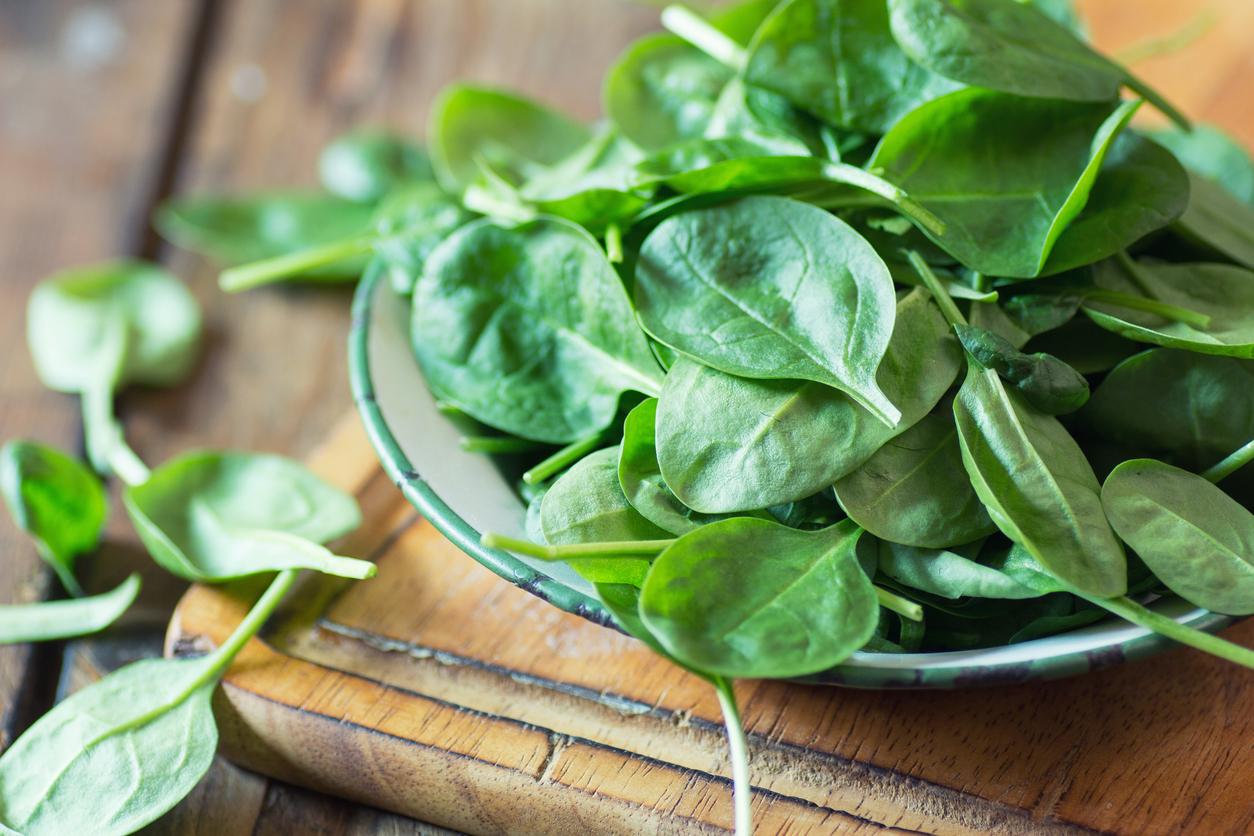An Aston University study shows that seeing someone who doesn’t like vegetables can make observers hate them too.
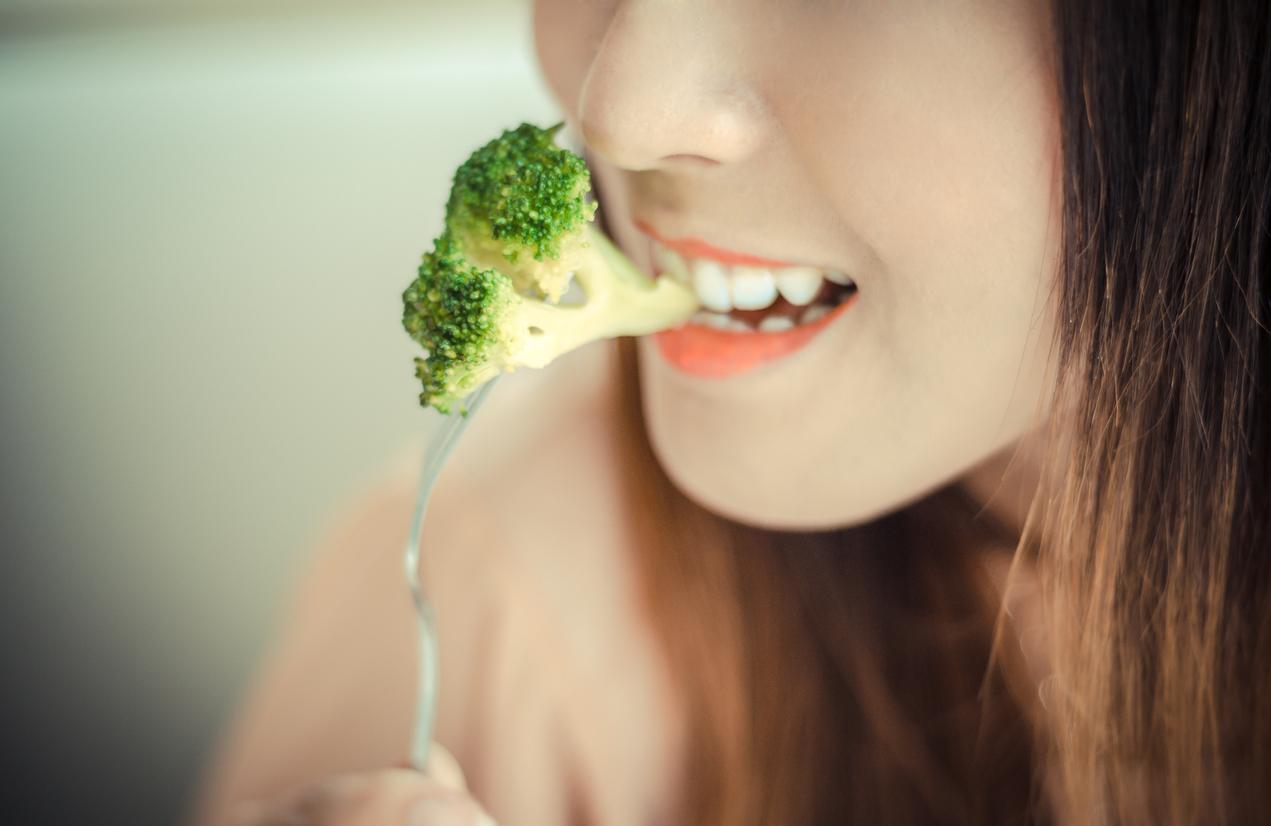
- Seeing an expression of disgust in someone eating broccoli reduces observers’ appreciation of the vegetable.
- This study shows the power of observing food aversion.
- For the researchers, their discovery can be transposed to children.
You are not a fan of vegetables, but you are well aware that your children must eat them to grow well. So avoid eating your plate while making a face in front of them. A study from Aston University (UK) showed that observing the facial expressions of people consuming raw broccoli can influence one’s appreciation of this vegetable.
Green vegetables: negative facial expressions reduce the desire to eat
For this research published in the journal Frontiers in Psychology In January 2024, scientists asked 205 women to watch a video containing clips of different unknown adults consuming raw broccoli. The latter displayed either positive (smiling), neutral, or negative (disgust-like) facial expressions. Participants were then asked to indicate their liking and desire to eat broccoli, cucumber and six other foods. Their mood, hunger and eating habits were also assessed.
Data analysis showed that exposure to models eating broccoli with an expression of disgust on their faces resulted in a greater reduction in liking ratings. On the other hand, watching someone like the dish they were eating did not increase the rating of the vegetable, nor the desire to eat it.
“We show that watching others eat a raw vegetable with a negative facial expression reduces adult women’s liking for that vegetable, but not their desire to eat it. This highlights the power of observing food aversion food on the eating behavior of adults”notes Dr Katie Edwards who led the research.
“Humans learn which behaviors pay off and which don’t by observing others and drawing conclusions about how to act or eat. In the latter case, people can use each other as guides to determine what to eat and how much. This is called social modeling and is one of the most powerful social influences on eating behavior.”specifies communicated.

Disgust and vegetables: results transposable to children
Although this experiment focused on adults, the researchers believe that their results concerning the influence of negative facial expressions on the appreciation of vegetables could also apply to children. Especially since ““They tend to be less willing to try them by default.”
“If a child sees their parent showing disgust while eating vegetables, this could have negative consequences on their acceptance of vegetables”assures the researcher.
Furthermore, she recalls that work she carried out in 2021, had shown that positive facial expressions increase children’s consumption of green vegetables. In fact, the children who saw adults eating broccoli with a smile had consumed on average twice as much as those in the control group (not exposed to positive expressions), more precisely 11 g compared to 5 g.










